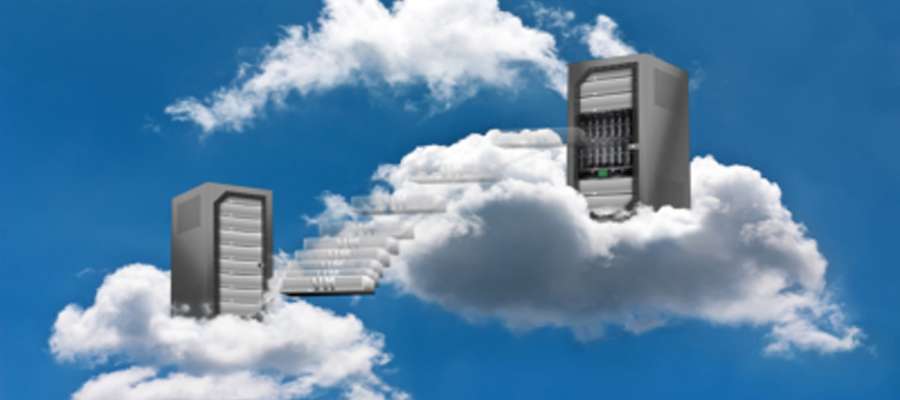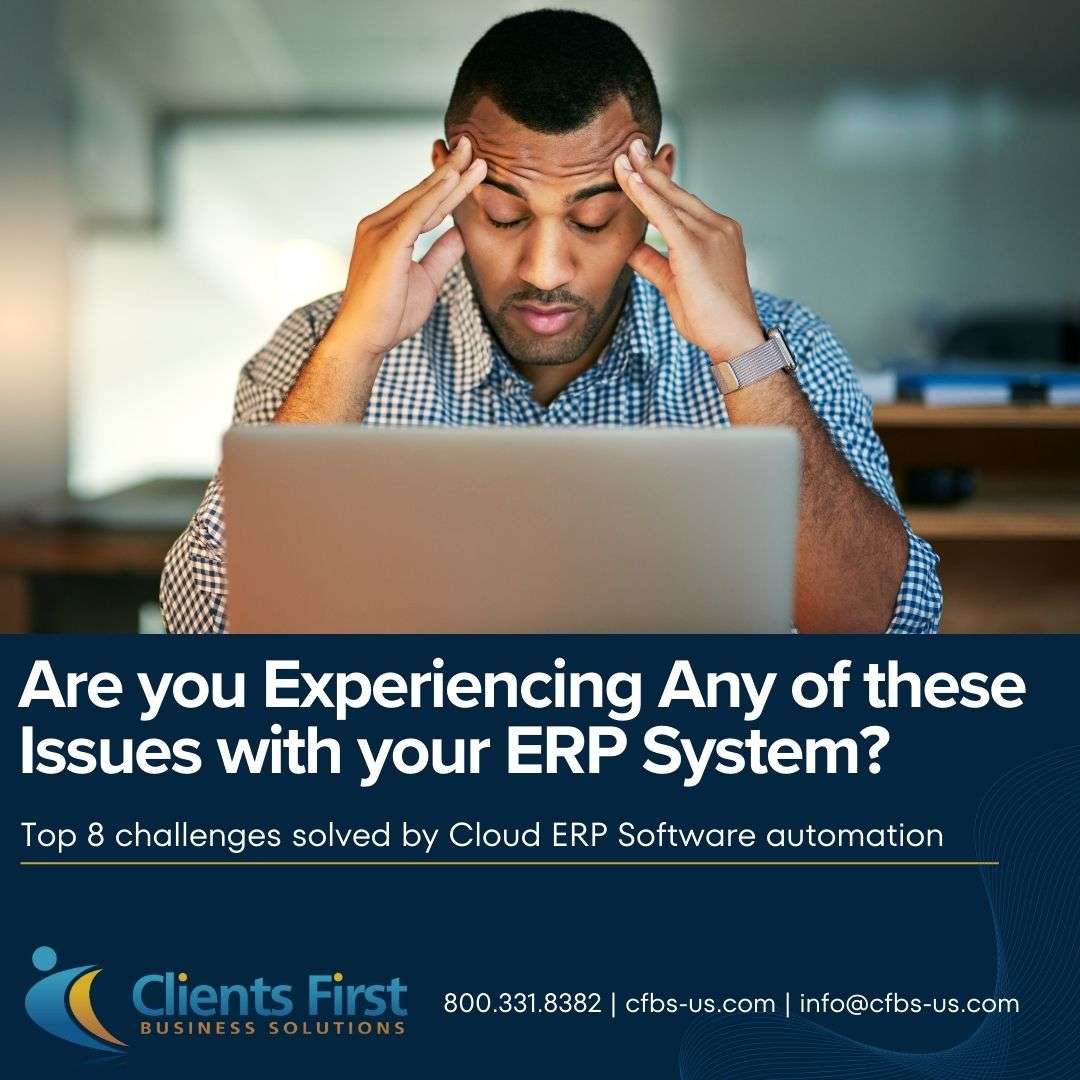As pointed out by a new study on IT priorities, the only way a business can efficiently manipulate and extract the data it needs to improve performance and boost profit margins is to embrace cloud technology. Why? Because the cloud delivers a reliable IT infrastructure, which addresses most of the constraints facing SMBs. Official figures confirm that cloud adoption will continue to rise, from 89 percent in 2014 to 96 percent in 2015, in the US alone.
Cloud Computing: Going beyond the Marketing Hype
Still under development, cloud computing delivers incredible flexibility and agility, enabling companies to access a wealth of data sources, as well as classify and analyze information to achieve a sustainable competitive advantage. To make the move to ERP cloud computing, an organization must also invest in the appropriate cloud-based business accounting system, such as Dynamics NAV.
In reality, the bulk of SMBs have been using the cloud for a long time with their CRM solution. SalesForce, Dynamics CRM, etc., are all cloud-based. With an advanced ERP software solution deployed to the cloud, any SMB can easily interconnect all of its data streams for a more comprehensive business overview. Some of the areas cloud-based ERPs can help you address are:
- Financial management – Extract the most essential data from financial operations, accounts and budgets to draft comprehensive reports that you can use to monitor financial performance. With cloud-based ERP, you can access and monitor accounts and processes; simultaneously work with multiple budgets and combine figures in different ways to perform complex calculations; manage a series of processes across different departments; monitor and control costs by departments, projects, services, and/or products; create and manage multiple bank accounts; and automate different operations, including electronic payments, fixed asset allocation, bank reconciliation, and cash flow forecasting.
- Sales and marketing management – Cloud-based ERP allows you not only to access information about your customers and get comprehensive overviews of all contacts, but also to personalize your business relationships. You can define and organize campaigns based on contact profiles and interactions; access customer history and get information about customers and prospects at any time; create documents for specific groups of prospects/customers; log correspondence, along with additional details, such as response times and service levels.
- Supply chain management – Setting up multiple shipping agents/addresses; managing inventory, item substitution, receivables, demand forecasting, production orders, capacity planning, and manufacturing and warehouse operations according to customer/vendor groups and special agreements; providing accurate delivery dates; setting up and sending invoices, memos, and quotes to customers; and handling partial shipments, sales return orders, and post purchase transactions are now easier than ever thanks to cloud-based ERP systems like Dynamics NAV.
- Manufacturing and project management – With cloud-based ERP, you can manage everything, from BOMs and production orders to supply and capacity planning. For instance, you can forecast future demand and create multiple supply orders based on historical data and/or recent sales data; develop multiple BOM versions according to various materials and routings; reserve materials and equipment based on production/purchase orders; and manage demand forecasting according to inventory.
- Data visualization: Making possible ad-hoc data visualizations, cloud-based ERP supports decision making by allowing users to see projects, work orders, supply and demand statistics, and forecasts in integrated views. Thanks to cloud-based ERP solutions like Dynamics NAV, SMBs have “access (to) the same analytical power (as) larger companies…with less investment,” according to Microsoft.
- Data analytics: Cloud-based ERP also integrates advanced data analytics with business intelligence functionality to provide a deep perspective into business operations. By correlating information with different processes, users can transform data into actions.
What’s more, all these operations can be performed remotely, from any device, at any time. In addition, the integration of Dynamics NAV with Office 365 facilitates access to emails, online meetings, and file sharing functionality. Equipped with business intelligence tools and focused on increasing collaboration among departments and teams, Office 365 is one of the most important pieces of the business “puzzle” a small company needs to make the most of the cloud, with none of the drawbacks (e.g. security concerns, high costs, inflexibility, and lack of support).
Therefore, Dynamics NAV and Office 365 deliver the ideal combination for business success. Offering organizations a great opportunity to offload the costs and hassle of managing a complex IT infrastructure, these two solutions combined with cloud computing enable you to connect all of your business data – even data you didn’t know you had – so that you can increase operational efficiency and identify new opportunities for growth.
As a Microsoft Gold Certified Partner, Clients First Business Solutions strives to keep all customers – generally, businesses with annual revenues exceeding $10 million – abreast of what’s new in Dynamics NAV by providing information that matters most to them. To find out more about our product and service offerings, contact our sales team at 800.331.8382, or email sales@cfbs-us.com.





